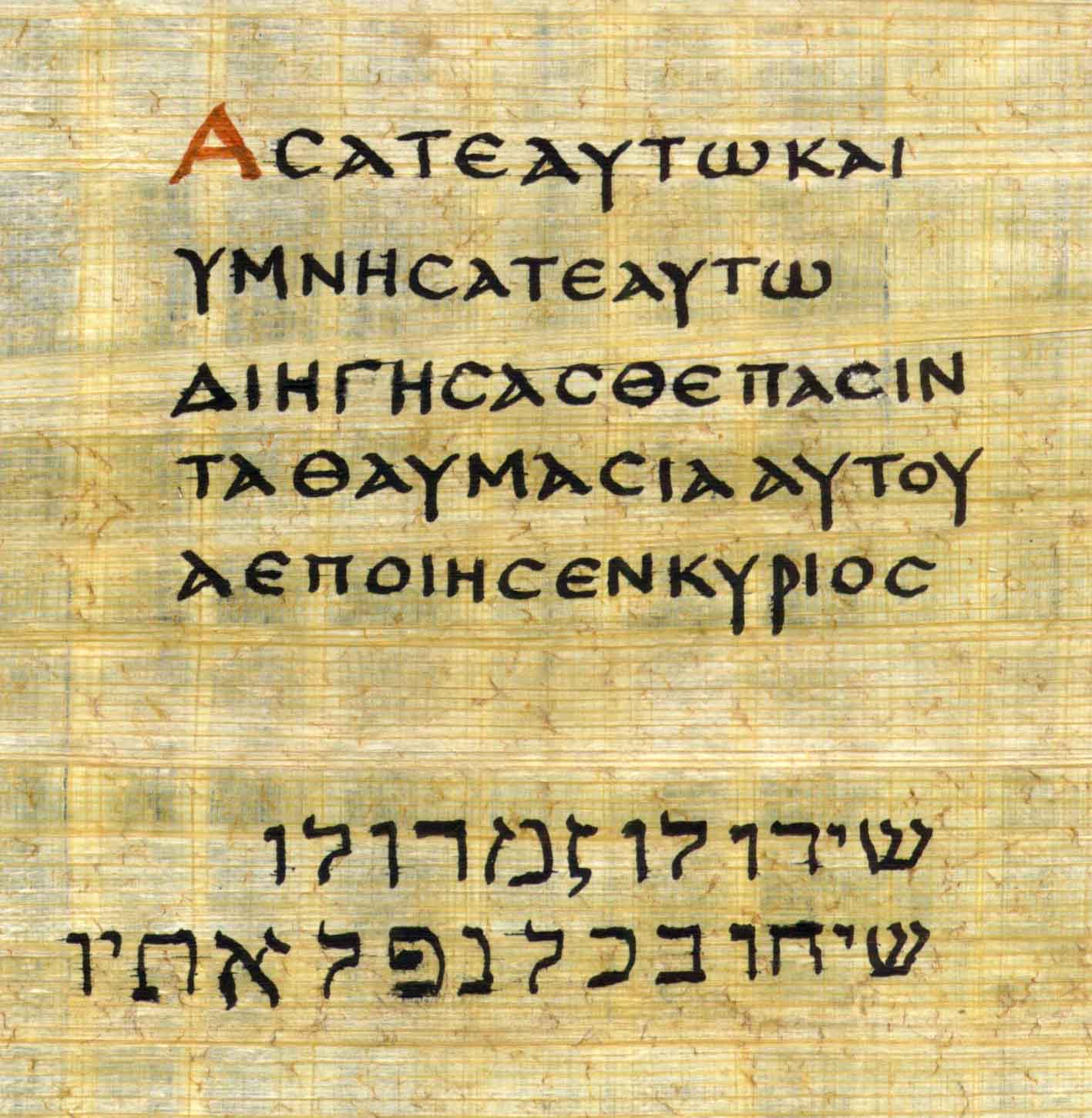One of the topics that seems to have disappeared from seminary conversations is the need to study the original languages. This is more true of pastors than those training for PhD programs.Here is one of the many passages that seems to get translated from Greek to English with some level of difficulty. Take a look!
John 6:27
• . . . for on Him the Father, even God, has set His seal” (NASB).
•. . . because God the Father has set His seal on Him” (NKJV).
• For on him God the Father has set his seal” (ESV).
These are slightly different, but the text is stable.
Now look at how dynamic equivalent translations have rendered
the statement:
• On him God the Father has placed his seal of approval” (NIV, TNIV).
• . . . for on him God the Father has set the seal of his authority” (REB).
• . . . because God the Father has given him the right to do so” (CEV).
• For God the Father has sent me for that very purpose” (NLT).
• He and what he does are guaranteed by God the Father to last” (The Message).
So how differently difficult passages can be translated?
Thus, I do not believe the discussion should be a dead one just yet. I would like to know exactly what percentage of pastors who actually learned the original languages still use them in sermon preparations, and also what percentage of pastors learned them at all!
I personally have not gone to a church where the original languages are studied (excepting myself) and I am not sure I can even think of one in my area.
[polldaddy poll=6195187]
